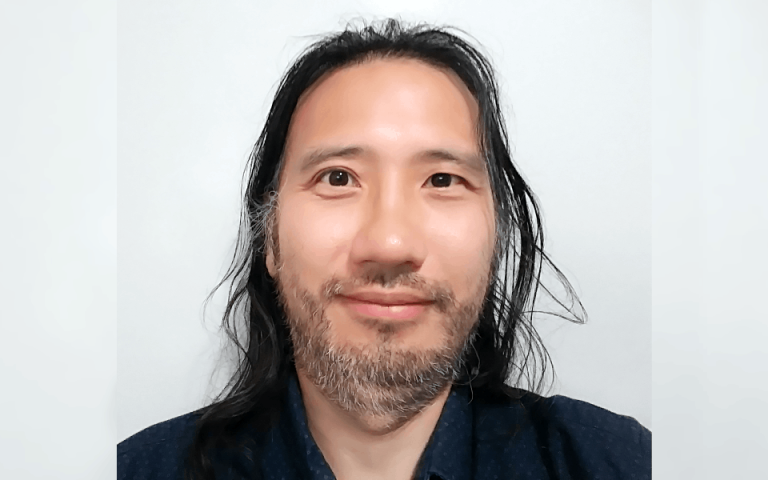Dr Terry Soo
Dr Terry Soo is an Associate Professor in Statistical Science.

2 August 2023
When did you take up this position? What was your position beforehand?
I started in January 2020, shortly before the pandemic. Previously, I was an Associate Professor at the University of Kansas, and before that I had postdoctoral positions at the University of Warwick and the University of Victoria.
Tell us about your work at UCL - how do you spend your days, and what makes your role different to similar positions elsewhere?
I arrive at St Pancras station, and it still feels so grand each time I come into work in central London. There is a joke that we go from one chalkboard to the next, and research is all very similar around the world. I do think I have broader interests since coming to UCL, and part of that is because I am in a stats department.
There is a bit more formal pastoral care of students here compared to Canada and the US. I am also a PhD tutor in my department, so I have a bit more responsibility than I previously did; it is a dynamic role, as it includes both pastoral and administrative duties.
What are some of your favourite things about working at UCL? How have you found it different to previous jobs?
The most important asset of any university is always its people. Our department is full of great people.
I was very lucky to have been involved in a project with Dr Kayvan Sadeghi in causal models, an area of research that I normally would not have pursued. I was pleasantly surprised to be collaborating with someone in the department so soon after I arrived.
I have mainly been in maths departments most of my career, and there are minor cultural differences between maths and stats, that are comparable in magnitude to the cultural differences between, say, the UK and the US.
No one seems to care for blackboards in stats, but people in maths will worship and hoard certain brands of chalk. Presentations in stats are almost always done with a computer; in maths, we like to pretend that we are giving a live talk or lecture, but we are mostly just copying our notes on the blackboard.
I do miss some aspects of being in a maths department, but I very much feel at home in stats, as well.
Can you tell us about any projects you’re currently working on?
I have been working closely with Professor Zemer Kosloff at Hebrew University on the ergodic theory of nonstationary dynamical systems; more specifically, we are interested in explicit algorithms for the equivariant extraction of fair coin-flips from a system of coin-flips with varying probabilities.
Most of the research in this area has been done for stationary systems, and we are excited to see a different type of behaviour in the nonstationary setting, which is in some sense more realistic.
With Kayvan, we have been investigating how to define causation probabilistically. Some of the issues we have encountered are simultaneously technical, simple, and philosophical. E.g., if Farage was a cause of Brexit, and Brexit was a cause of Boris Johnson becoming prime minister, then was Farage a cause of Johnson becoming prime minister?
This is a question of transitivity, and it is not so clear, when transitivity holds. Political pundits always had Johnson as a viable candidate for prime minister, and it is possible he would have been prime minister regardless of the results of the referendum.
I think what me and my co-authors (secretly) enjoy most is our banter, and the excitement of discovery.
Have you always been based in London? If not, when did you move here, and how did you find adapting to living in London?
I am originally from Vancouver. A decade ago, I was a Research Fellow at the University of Warwick, and I had lived in Kenilworth for a year.
There are minor differences between the UK, Canada, and the US, and it is a hobby of mine to point these out to anyone that will listen. Did you know that in Canada and the US there is no “second grading” or “external examiners”? Also, no one cares if your kid misses a few days of school, and you certainly won’t get a fine!
Finally, tell us about your non-work life. Do you have any hobbies, or favourite places to go in London?
Our two daughters keep us pretty busy. My wife Carolyn has quipped that by the time we get to a museum, go to the loo, and have a snack, it is actually time to go home.
I consider myself a pretty good cook, but of course they refuse to eat most things I make, and I never imagined that I would be eating this much McDonald’s with London at my doorstep!
 Close
Close

